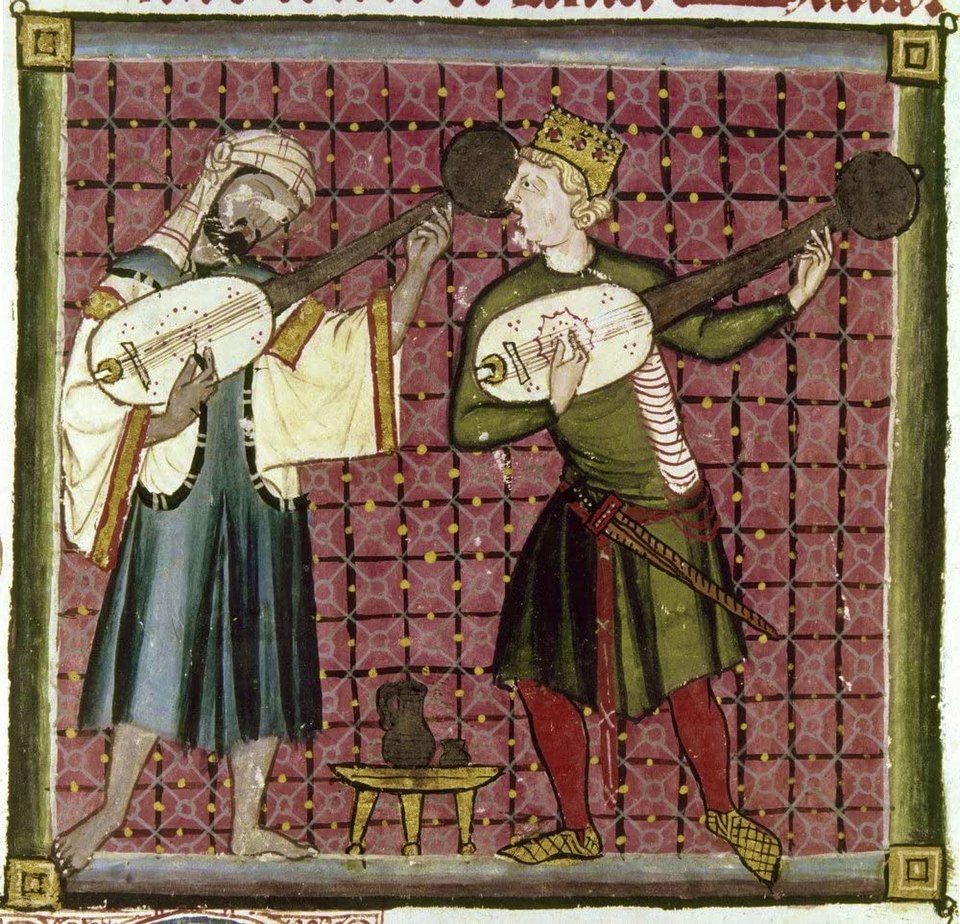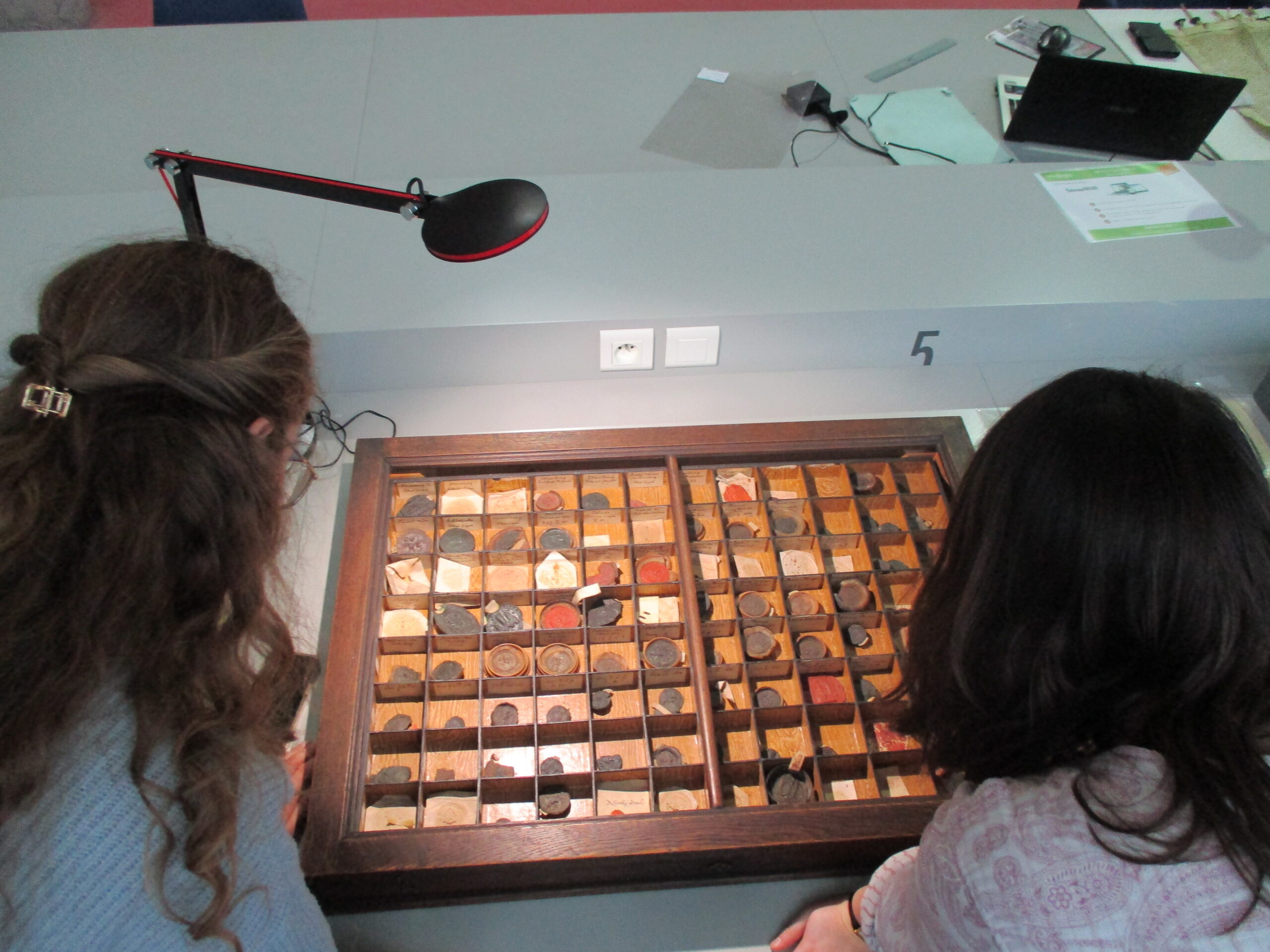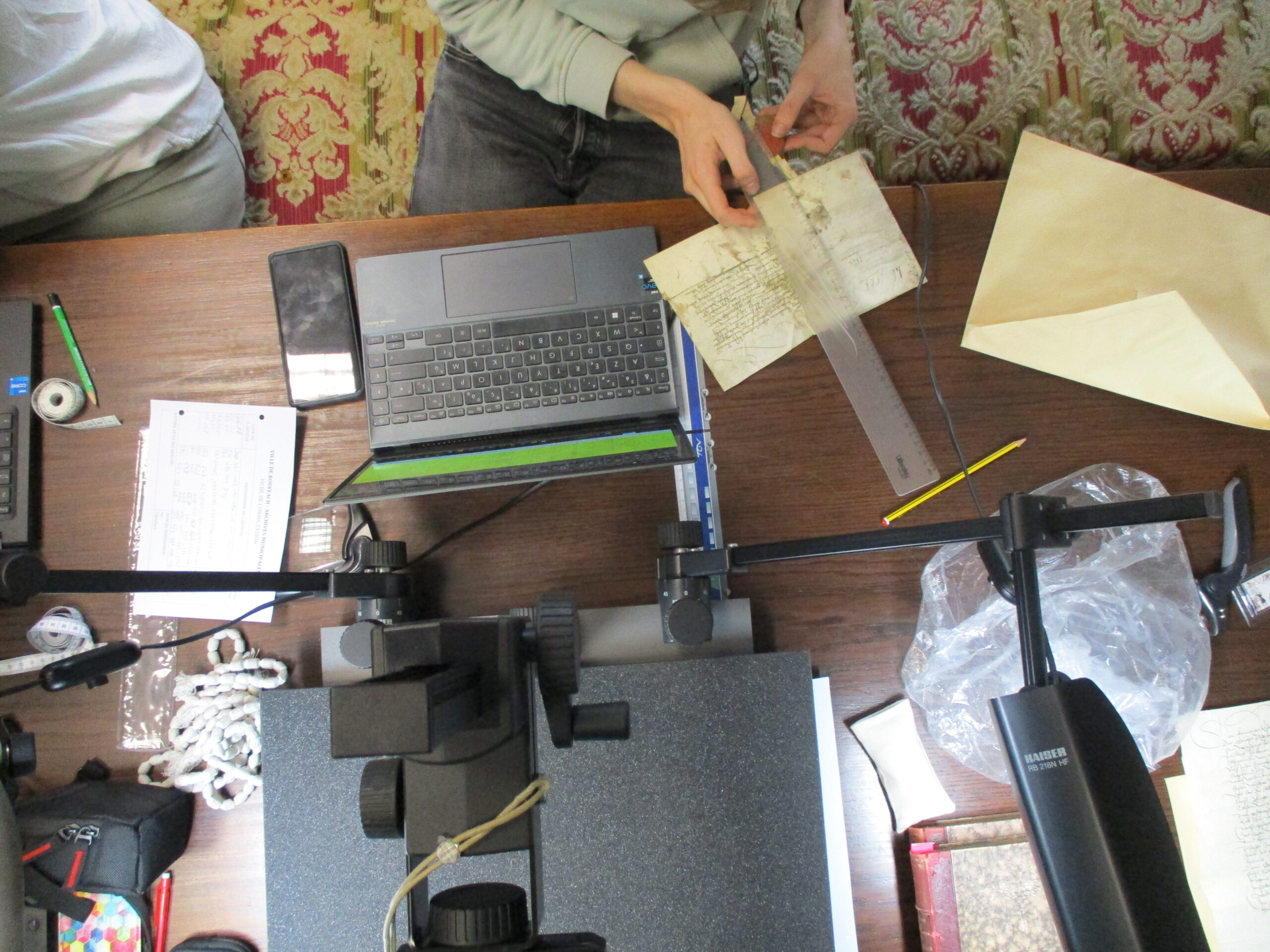Presentation
The European Arts, Civilisation and History (Arts, civilisation et histoire de l'Europe – ARCHE) research unit brings together historians, art historians and architectural historians from the Faculty of Historical Sciences at the University of Strasbourg carrying out their research on the period from the Middle Ages to the present day, as well as a few specialists of disciplines from other faculties (history of sport, German civilisation, etc.) and another establishment on the site, the National School of Architecture of Strasbourg (École nationale supérieure d'architecture de Strasbourg – ENSAS). As of 1 January 2024, the unit had 35 full members in active employment, including 12 professors, 22 senior lecturers and similar staff, two of whom hold the authorisation to supervise research (Habilitation à diriger des recherches – HDR) and one senior teacher with a PhD, as well as four emeritus professors and one engineer. There is also one part-time research support employee, 50 associate members and 45 doctoral students. A third of the members are art historians or architectural historians, which is considerable in comparison with other historical research teams of a similar size. The strength and frequency of the collaborations between the two disciplines are what set the unit apart from other French research units.
Research topics
Sources, knowledge, corpus
This topic focuses on the ability to produce critical editions, translations and inventories, but also reflects on the procedures for establishing, recognising and institutionalising scientific knowledge.
Transmission(s): teaching, models, heritage
Based on the idea that a society without a past has no future, this new topic of research considers both the modes and methods of transmission, as much as the transmitted 'objects' themselves. It also addresses the issue from the perspective of the link between university and society.
Transborder, transnational, transcontinental
The notion of transnationality is understood here as a deeper exploration of comparatism and the history of cultural transfers. The topic is designed to take advantage of Alsace's pivotal position to nurture a reflection on shifts of focus and transitions from the regional to the global.
Authority, constraint, freedom
This topic enables us to revisit the historical approach to power, but also to foster a reflection on freedom: what is its scope and in what way can it be considered representative of European civilisation, which is at the heart of our team's reflections?
Major events and works
International colloquia
- La guerre de 1870, conflit européen, conflit global (Strasbourg, 2020)
- Les noblesses transnationales (Tours/Strasbourg/Nancy, 2022)
- Sous le signe de Saxo. Histoire, identité, nation dans la Geste des Danois (Strasbourg/Caen, 2023)
Seminars
- Séminaire Frontières et itinéraires du Moyen Âge au XXe siècle, 2020-2023 (topic 2)
- Séminaire Les scripturalités dans l'histoire (ScriptHis), 2020-2024 (topic 1)
- Séminaire Transmission(s) : modèle, reproduction, interprétation, 2020-2024 (topic 2)
- Séminaire Illégalismes militaires et leur appréhension par les pouvoirs du Moyen Âge à nos jours 2023-2024 (topic 4)
Databases
Sigi-Al: Sigillographie de l'Alsace et du Rhin supérieur (2019-2024, in progress)
Selection of publications
- Regards croisés, n° 12, 2024 (dossier « Huis clos/Geschlossene Räume », coord. par Julie Ramos)
- Revue de la BNU, n° 26, 2022 (dossier « Bagages d’artistes : carnets de notes, cahiers de références, musées de papier » coord. par Denise Borlée et Hervé Doucet)
- Revue d'histoire de la Shoah, n° 214/2021 (dossier « Juger les criminels à l'Est de l'Europe, 1943-1991 » coord. par Audrey Kichelewski)
- Revue d'Allemagne et des pays de langue allemande, n° 52-2/2020 (dossier « Les traités de paix en Europe centrale : quel potentiel pour quelles réalisations » coord. par Ségolène Plyer)
- 5 numéros de la revue Source(s), réalisés par l'UMR elle-même
- Raphaël Georges, Un nouveau départ. Les vétérans alsaciens-lorrains dans la France d'après-guerre (Rennes, PUR, 2024)
- Alexandre Sumpf, Lénine (Paris, Flammarion, 2024)
- Anne-Marie Châtelet (dir.), Les mondes de l'enseignement de l'architecture (Paris, Métis Presses, 2023)
- Damien Coulon, Un port sans rivage ? Grand commerce, réseaux et personnalités marchandes à Perpignan à la fin du Moyen Âge (Madrid, Casa de Velazquez, 2023)
- Benoît Vaillot, L'invention d'une frontière. Entre France et Allemagne, 1871-1914 (Paris, CNRS Éditions, 2023)
- Valérie Da Costa, Paul Thek en Italie / Paul Thek in Italy (1962-1976) (Dijon, Les Presses du réel, 2022)
- Éric Hassler et Anne Motta (dir.), Noblesses et villes de cour en Europe, XVIIe-XVIIIe siècle (Rennes, PUR, 2022)
- Marie de Rugy, Imperial Borderlands. Map and Territory-Building in the Northern Indochinese Peninsula (Leyde, Brill, 2021)





